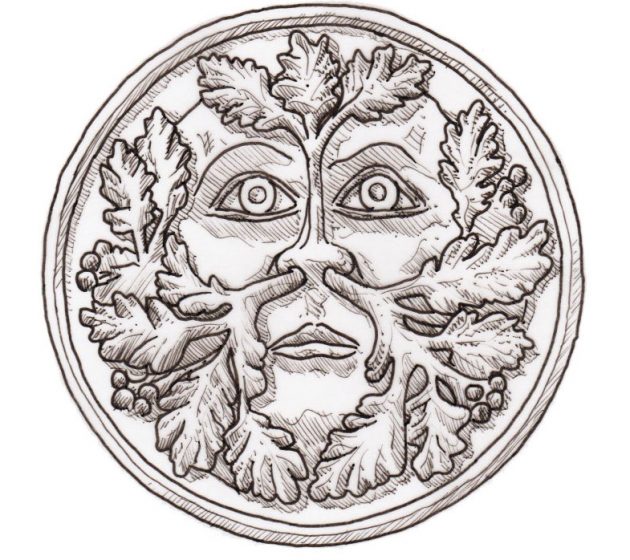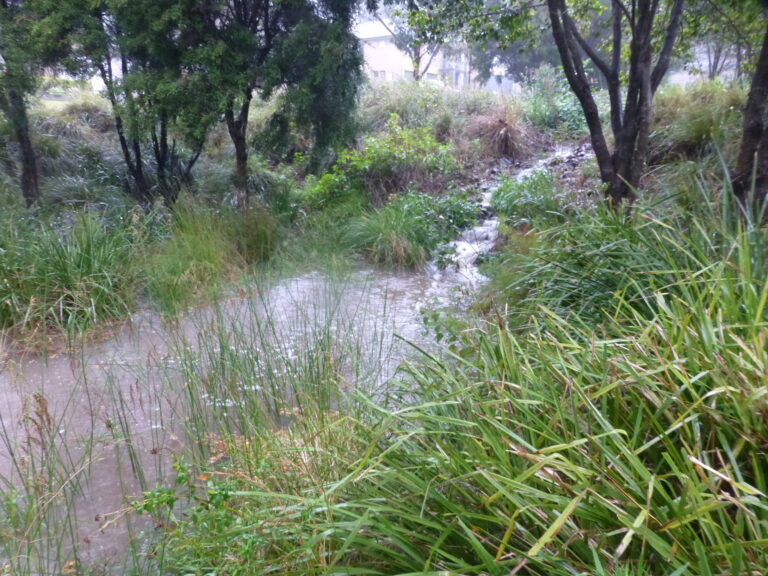How do we best describe nature? For a start, this depends on our worldview. Do we see ourselves as a part of, or apart from, nature? Do we see ourselves as being reliant on nature or self reliant – without a need for nature? Is nature the leading character in our lives, the main plot or a bit player, an add on, a play thing? These are ideas that have attracted the attention of many a philosopher, many a scientist, but not many of us. Most people just take things for granted, assuming that what was will always be, not taking the time to consider what David Suzuki calls the nature of things – which was the title of a documentary series.
In this article: Landscape as Protagonist: New Perspectives on Cities and Nature, Steph Donse (27.10.2020) writes:
” … when it comes to conserving the ‘natural world’, to relegate our efforts to (now-imaginary) ‘pristine’ places by protecting distinct parcels of land such as national parks, is no longer the whole solution. Although it remains vital, it’s a deferral of responsibility. Let’s first agree on an assumption: a city is a landscape shaped and maintained by humans. ” Donse’s approach says we have a systems problem.
Firstly: The system does not value nature. This was the conclusion we came to collectively at the ‘Landscape as Protagonist’ symposium in relation to the problems that we face when it comes to realising meaningful natural landscapes in cities. The system instead values efficiency, productivity, human comfort and profit. 
Second: The system does not value nature correctly. Understanding ourselves as being separate from the system – just as understanding ourselves as being separate from nature – ignores the interconnectedness of things.
Third: We are the system. We are nature. Scientists remind us that there are issues with our current economic growth at all costs model; that to expect to end up at a better place by continuing with business as usual, will not deliver outcomes that are fair and equitable let alone regenerative from an ecological perspective. Everything is not for the best and this is not the best of all possible worlds. Instead of accepting the status quo, “we must cultivate our garden”.
Fourth: We must cede space to nature. Donse says:
“We are the system, the parts of the sum, and therefore we have the power to change this system. This isn’t just about the right plants in pots, or green walls that provide thermal-massing to humans and habitat for insects, or even a ravine cut into a building that gives priority to plants over commercial, lettable spaces. Well, it is about that, but it’s also about much more. To begin, this is about our agency as individuals. And as professionals and consumers. About our power to change the ideals and the mechanics of how things get done.”
And later ..
“If you understand yourself as a custodian, as a carer, then half the work is done. The short-term sacrifices (to profit, to productivity, to comfort) that need to be made will be obvious. Stories of our reverence for nature will be told through the inclusion of meaningful green spaces in our landscapes, but also in the materials used to make a building; the building’s waste disposal system; in the way we make our cities… These stories will replace the outdated stories about the need for human progress at all costs, the need for consumption regardless of consequence… These new stories will both signify and reinforce our commitment to nature and change the status quo.”
If we apply this to our local situations, then we need to change tack, to see ourselves as our ancestors and our indigenous forebears did. It’s an extension of ‘walk a mile in my shoes’, the difference being that it’s more than put ’em on, take ’em off. This is wearing them day in and day out, until they become one with our feet – I am the tree and the tree is me, I am the river and the river is me, I am the hill (Munibung Hill) and the hill is me.



